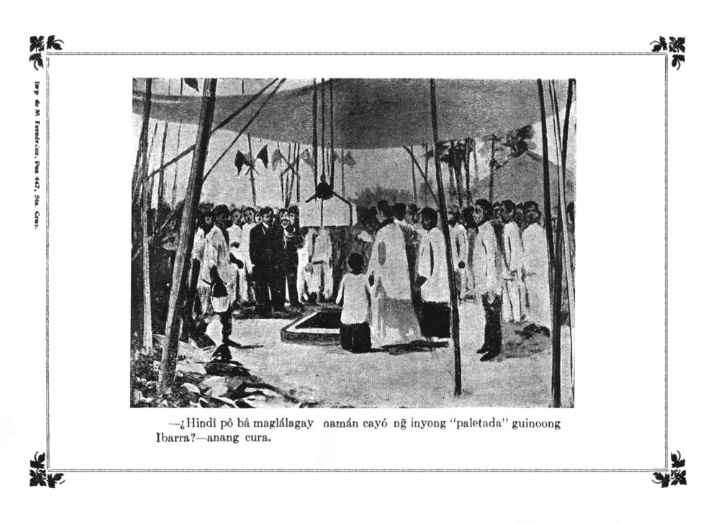
“Citizens of San Diego,” he (Alcalde) said gravely, “we are presiding over a ceremony of importance that you already understand without our mentioning it. A school building is being put up. The school is the base of society; the school is the book wherein is written the future of a people! Show us the school and we will show you the kind of people there are! (The Hoist, Noli me tangere)
The passage is an except from Rizal’s novel. It exemplifies the distinct but crucial role of the school in our society. For him, it is a book where the future of a nation is written, thus it is of prime importance to build and fortify our schools to ensure success of nation-building. But ironically, for a country whose National Hero enshrines ‘enlightenment through education,’ it is quite deplorable to observe the state of education. This condition is manifested both in its physical and structural aspects. One need not understand rocket science to comprehend that the dilapidated school houses, the plight of teachers, the number of students attending school, and the attitude of learners would equate (to borrow James Fallows description of the Philippines) to a “damaged culture”.
This present lamentable condition has rooted from the structural foundation of Philippine education which has been exacerbated by corruption and colonial mindsets that perpetuated through generations. Education was used to colonize the Filipino mind. Renato Constantino’s thesis still holds true. According to him, the Filipinos were ‘miseducated’ because ‘under previous colonial regimes, education saw to it that the Filipino mind was subservient to that of the master.’ The school was used to promote colonial goals.
Much more, societies and organizations are formed to further the cause of Rizal and yet most fall short in living his ideals. While having the grandest of vision for the country, these Rizalists groups remain contented with rituals and pleasantries. Those who profess Rizal’s teachings barely address the root of the problem that plagued the same society Rizal labored to emancipate. Most ‘enlightened’ individuals evade from their responsibility to make Rizal’s dreams come to fruition by remaining unmoved thus promoting the status quo.
Reviewing Rizal’s life, aside from liberation from a colonial power like Spain, liberation of the mind through ‘education’ has been his advocacy. His greatest moment is not his martyrdom but his work as a teacher whose intention is to scatter the light of education. Only with a Filipino education that the true independence can be achieved. He set an example to all that improving oneself and using knowledge for the nation is a course of action rather than an option. Being consistent with his philosophy, he used schools to further his goals. He studied in it, gained knowledge and founded one. During his exile in Mindanao, he made his concrete contribution to nation-building by establishing a school. Floro Quibuyen cites that “progressive education is perhaps Rizal’s greatest legacy in Dapitan. In his Talisay school, Rizal pioneered what are now extolled as ‘school-based management’ and ‘community-based education.'”
If we want to help better this nation as Rizal wanted it to be, we should heed his call. We need to reclaim our schools. We need to take an active role in caring and molding our schools. We are writing our future in it.
Much has been said about the Philippine situation but there is still hope only if we know where to concentrate our efforts. Our school needs to be the bastion of humanity and progress. It is where our actions are more needed far more important than words. As Rizal advised those responsible with the education of the youth – ‘Let us work then together and instead of useless lamentations, of disconsolate complaints, of accusations and excuses, let us apply the remedy, let us build, no matter if we begin with the simplest, for later we shall have time to erect new edifices on that foundations…. The road is ours as the present is ours, and if it is not given to us to reach the end, we may be sure that by fulfilling our duties, the future will be ours also – the future full of blessings.’